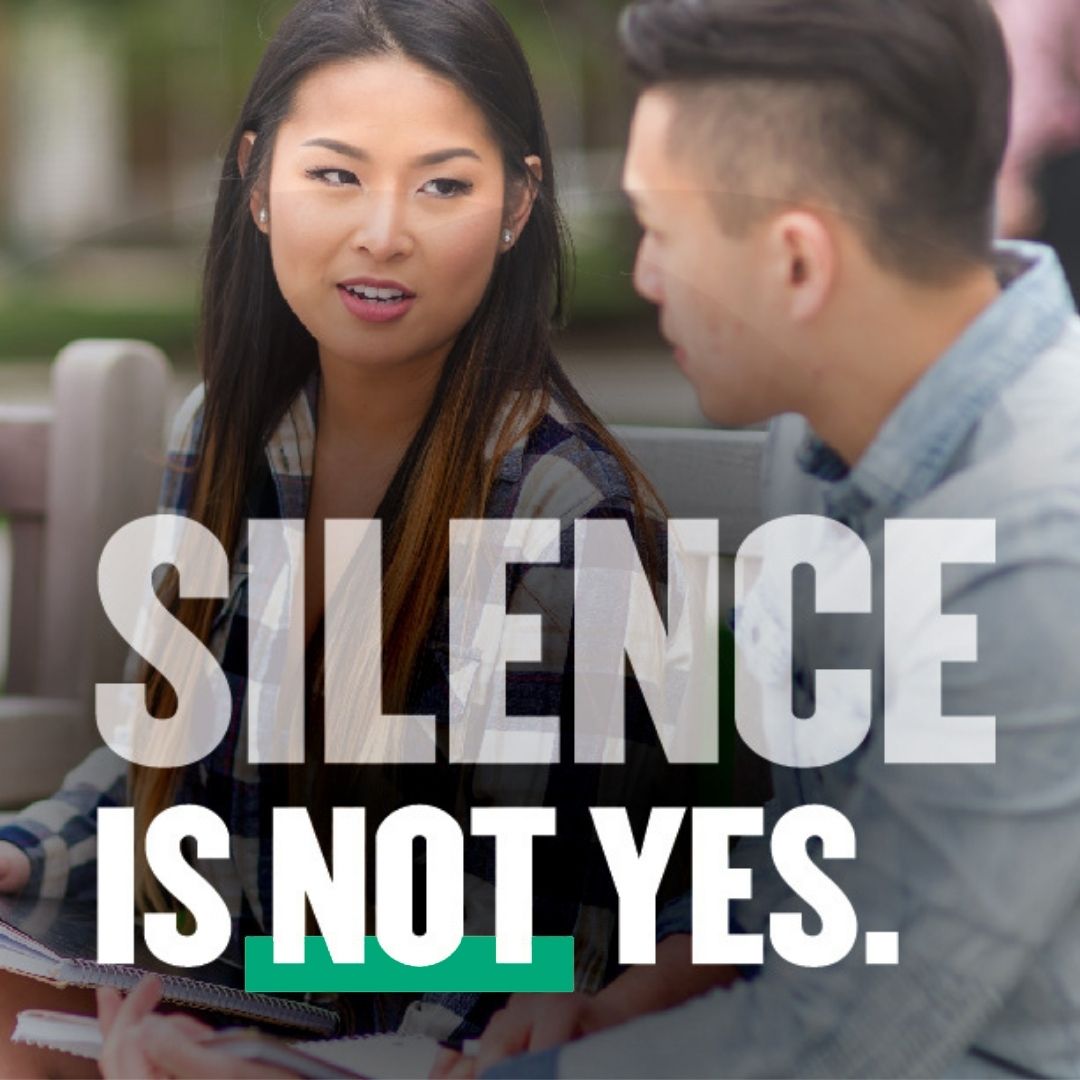Enter your email below to receive weekly updates from the Ashton College blog straight to your inbox.
By: CJ McGillivray
Published On: February 15, 2022
In solidarity and support of the Safe Campuses BC Campaign, Ashton College encourages an ongoing dialogue with our academic community about how we can all promote consent culture and develop a better understanding of sexualized violence prevention. Whether you are a student, faculty member or employee, we urge everyone in our academic community to engage in thoughtful, compassionate and critical discussions. To support this process, we have compiled a collection of educational resources to help people better understand the relevant terms, concepts, and policies regarding sexualized violence. We have also included a collection of survivor resources listed below for people in need of immediate assistance or support.
If you are someone who is in immediate danger or a survivor who requires immediate assistance, please call 911 or access any of the following resources:
Community members can also view the Ashton College policy on sexual violence and misconduct for information about the reporting and disclosure process for survivors. Any member of the college community who requires support is encouraged to call (604) 899-0803 and request contact information to begin the disclosure or reporting process with our president or a member of human resources.
If conversations about social justice are less familiar for you, you may be wondering what consent culture is and what people mean when they talk about sexualized violence. Consent culture is essentially a culture or way of living that places value on gaining consent or permission from another person before engaging in an activity together. Consent can be about sex, but it is also a part of our everyday lives in an endless number of ways. Any time we ask permission to do something, we are asking for consent. If you ask to borrow a pen from your coworker then you are asking for their consent. When your family member asks your cousin or younger sibling whether or not they would like a hug, that is also an example of requesting consent. When someone asks if they can hold your hand, go on a date with you, or kiss you, these are all examples of asking for consent. Consent is important in our everyday lives, and it becomes incredibly important when we engage in intimacy or sex of any kind.
When it comes to sex, consent must be enthusiastic and clear. Silence or passive acceptance do not count. Consent is required each and every time because people can change their minds and no one should feel pressured to continue doing something they are no longer comfortable with. When someone is unconscious or they are under the influence of drugs or alcohol, they are not capable of giving consent. Consent must also be voluntary and cannot be coerced or pressured by someone who is in a position of power or authority. Consent is simple, but pop culture and social pressures tend to warp our understanding and expectations of consent.
Using accessible infographics, the Government of British Columbia affirms that consent should be:
They also assert that consent is not:
The World Health Organization defines sexual violence as “any sexual act, attempt to obtain a sexual act, unwanted sexual comments or advances, or acts to traffic, or otherwise directed, against a person’s sexuality using coercion.” Their definition emphasizes that sexual violence can be carried out by anyone, “regardless of their relationship to the [survivor]” and it can happen anywhere, including domestic and professional settings. Simply, sexualized violence is an umbrella term that covers all the varied forms of inappropriate sexual attention and acts. When someone does not or cannot consent to engage in sexual activity, that is an example of sexualized violence.
The executive director of the Ending Violence Association of BC, Ninu Kang, offers another definition for us in a recent press release for the Government of British Columbia. Kang describes sexual violence as “unwanted sexualized behaviours [which] range from sexual jokes, inappropriate sexual comments and touching, to sex without consent.” Because the problem is so pervasive in contemporary culture, the definition is broad and covers many types of unwanted sexual attention.
Beyond creating awareness through their recent campaign, the Government of British Columbia has partnered with BCcampus to create and share a free training resource called Safer Campuses for Everyone. The training resource contains four modules and is freely accessible to all post-secondary students, faculty and staff members in our province. Using an inclusive and intersectional approach, the training resource focuses on the following questions:
Ashton College acknowledges that it is located on the traditional, ancestral and unceded land of the Musqueam, Squamish and Tseil-Waututh nations. We understand that we cannot ethically participate in conversations about systemic sexualized violence without making this acknowledgement. We recognize that gendered and sexualized violence disproportionately affects Indigenous women and girls, as evidenced by the ongoing crisis and national inquiry into missing and murdered Indigenous women and girls.
Another part of accountability is the willingness to learn and correct ourselves. If we have missed anything or overlooked anything in the writing of this article, please reach out to us at marketing@ashtoncollege.ca so that we can make the necessary changes.
The information contained in this post is considered true and accurate as of the publication date. However, the accuracy of this information may be impacted by changes in circumstances that occur after the time of publication. Ashton College assumes no liability for any error or omissions in the information contained in this post or any other post in our blog.
